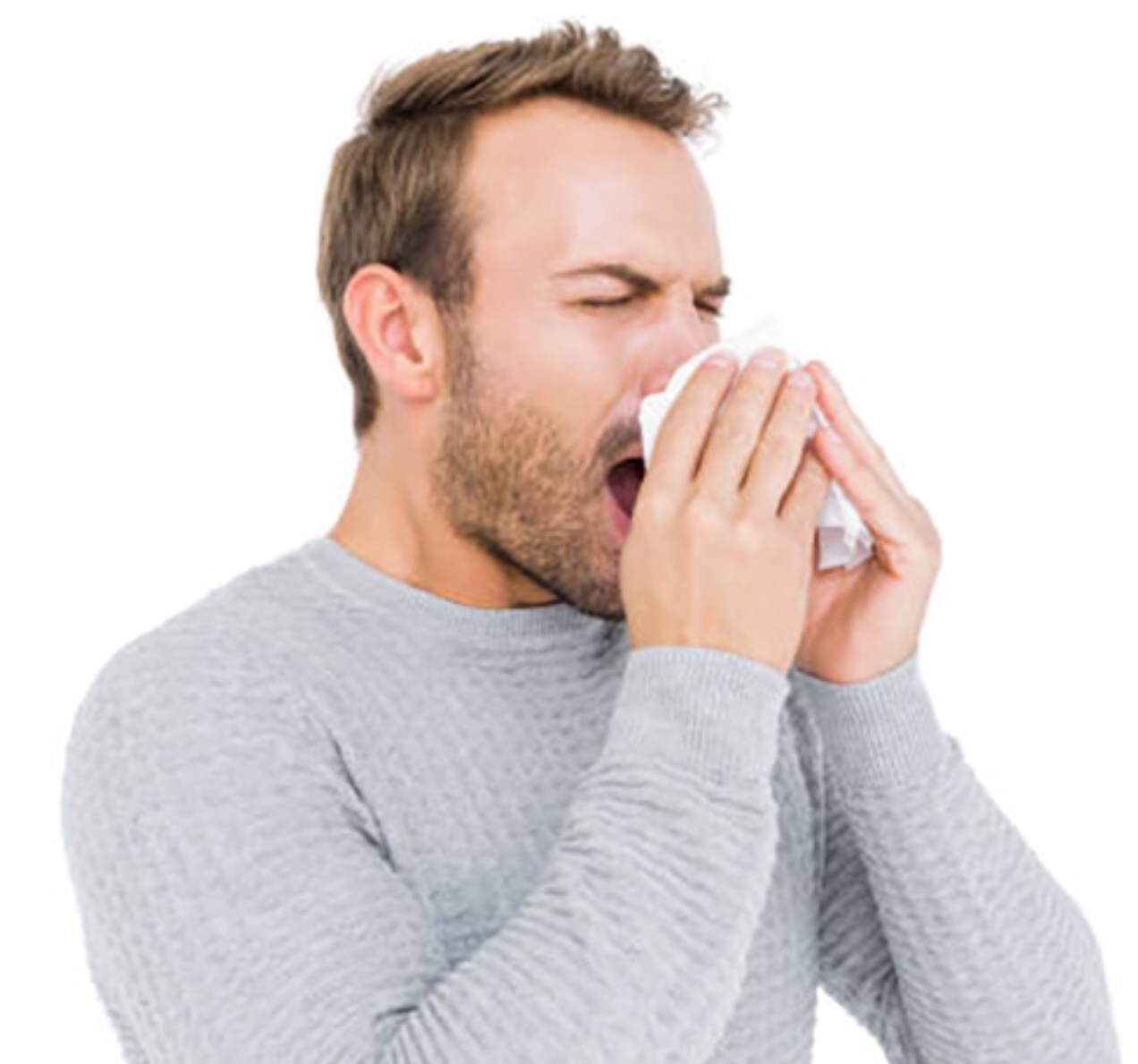
[dropcap]C[/dropcap]oming back to college after a long summer means not only reuniting with friends, but being thrown back into the madness of it all.
Partying every night and following late nights with early morning lectures doesn’t do the immune system any favours either. Too much alcohol will weaken defence against viruses.
These are the perfect environments for germs to spread in. Consuming vitamins D and C, getting the regular fix of fruit and vegetables and drinking plenty of water helps improving the immune system and gives the body a chance to defend itself.
And if you don’t think your diet is up to standards, essential vitamins can be consumed by taking supplements like iron tablets or Berocca, the shops own brand version is basically the same but costs less.
But don’t rely on it. When it comes to vitamins get it from food first. Our bodies are designed to absorb nutrients from the food we eat, and we will get all the nutrients we need, as long we’re eating a varied and balanced diet. Supplements should be considered bonus boosters, not replacements for food.
Protein is a nutrient needed by the human body for growth and maintenance. Hair and nails are mostly made of protein. The body uses protein to build and repair tissues. Protein is also used to make enzymes, hormones, and other bodily chemicals. Protein is an important building block of bones, muscles, cartilage, skin, and blood.
Lean meat, poultry and fish, eggs, dairy products, beans and soy products like tofu are full of protein. Carbohydrates should be the body’s main source of energy in a healthy balanced diet. If you don’t have enough, your ability to think, learn, and remember stuff will decrease. Carbohydrates fuel your body because they contain glucose, which is your body’s number one source of energy. Foods high in carbohydrates include bread, pasta, beans, potatoes, rice, and cereals.
Vitamins are essential in the body. There are six vitamins, A, D, E, K (Fat soluble – can be stored in the body) and C, B (Water soluble – can’t be stored in the body). The most important vitamins we need are vitamin D and vitamin C.
Vitamin D helps our bodies absorb calcium, which is important for bone health. Not getting enough of this vitamin can increase the chances of getting sick and the chances of bone and back pain.
You should be able to get your daily vitamin D by being in the sunlight for 15 minutes, but in Ireland we struggle with that. Living in wintery locations with little sunlight and working office hours makes getting vitamin D hard. But you can get it in milk, cheese, yogurt, fish, egg yolks, cereals, nuts, beans and broccoli.
Vitamin C helps our body absorb iron, which is important for energy levels, better brain function and healthy red blood cells. Not getting enough vitamin C can make your body tissue weak, wounds slow to heal. It can also cause you to get sick and weak gums. Lack of iron in the body causes tiredness, paleness, breathlessness and anaemia.
Over half of the iron present in our bodies is in the blood. Iron is essential as it carries oxygenated blood around the body and it releases energy from food. You can get iron in red meat, dark green vegetables, eggs and cereals.
A key reason it’s important to eat fresh fruit and veg is to get lots of Vitamin C to help bolster your immune system against unwelcome illness. You can get some extra Vitamin C in the form of orange juice or Berocca tablets.
Drinking water is necessary as it boosts skin health and beauty, cushions the brain, spinal cord, and other sensitive tissues, regulates body temperature and it flushes body waste.
A steady diet of unhealthy food can lead to more than just a few extra pounds: poor eating is also associated with lower grades, likelihood to illness, and increased fatigue. Other side effects include a higher risk of depression, anxiety, irritability, difficulty concentrating, menstrual problems, and sleep disturbances.
But by eating healthy balanced meals, staying hydrated and getting seven to nine hours of sleep per night will make it less likely for you to get the ‘freshers flu.’
Amy Donohue
Image Credit



